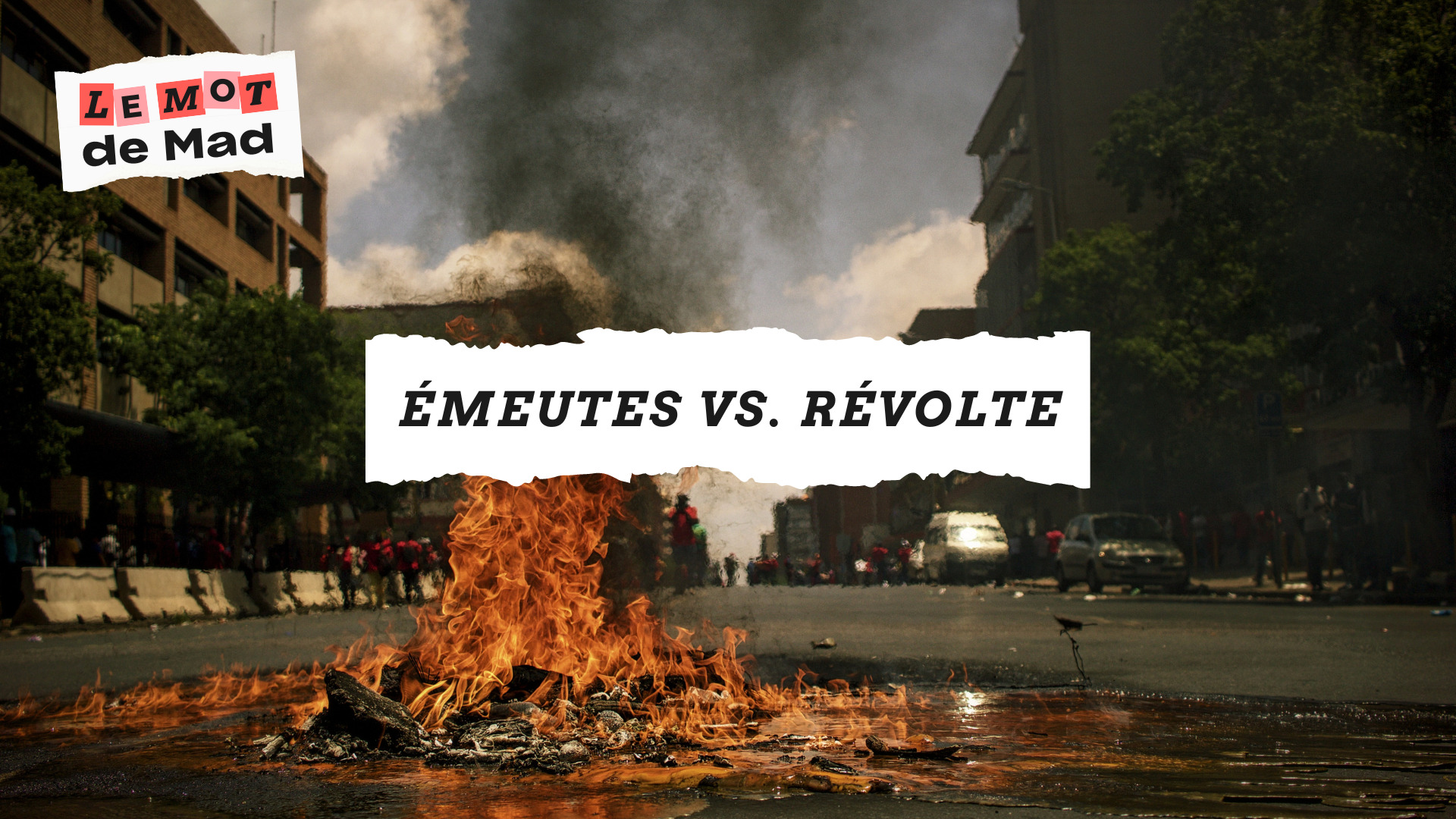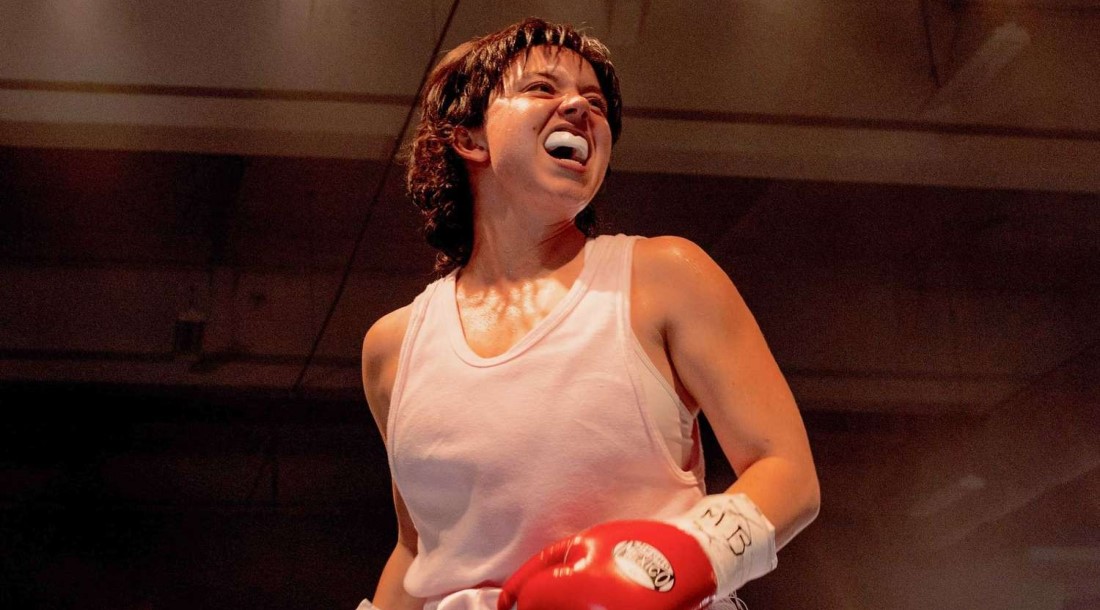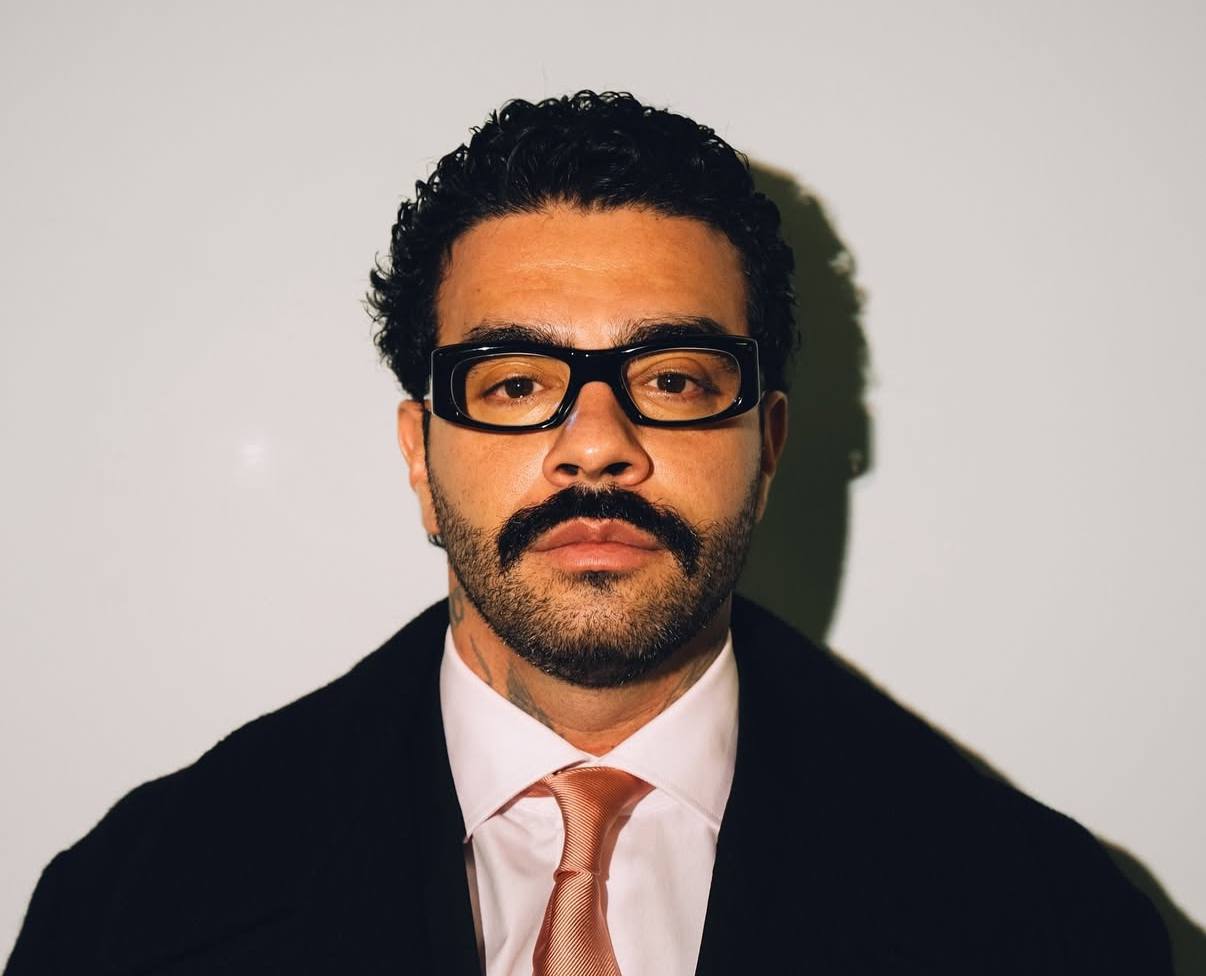On Tuesday, June 28, 2023, 17-year-old Nahel was shot and killed at close range by a police officer during a traffic check. Over the following nights, the youths took to the streets and rose up against the continuum of police violence, ardently displaying the general disgust at seeing, once again, a racialised youth from a working-class neighborhood shot dead by the forces of the order. Quickly, the mainstream media and part of the political class used the term ” Riots to qualify these riots and the urban decay they cause. A terminology strongly criticized by many activists, sociologists and Internet users. Why do we oppose these two words? What does this debate reveal? decryption.
We see you coming in the media,
Talking about riots to depoliticise what is happening and pass it off as a primitive and savage reaction.But, when neighborhoods flare up, they rise up, mostly in response to a police crime. It’s a REVOLT. pic.twitter.com/jQ4JDupK4d
— NnoMan 💣 (@NnoMan1) June 28, 2023
Where does the term riot come from and what does it mean?
The dictionary Robert defines the riots as follows: Popular uprising, usually spontaneous and disorganized “. A definition that corresponds to that of Larousse: “ Popular insurrection, movement, unrest, explosion of violence “.
As tracked West France, the sociologist Laurent Mucchielli portrays this type of mobilization in the magazine City (#50) in 2012:
The contemporary French revolts take place in popular housing estates affected by deindustrialization and unemployment, massively inhabited by families of workers and employees, many of whom come from the great migratory flows starting from the 1950s. They generally occur following the death of one or more young people from the neighborhood concerned, almost always in connection with a police operation.
Lorenzo Mucchielli
To produce this definition, it is based on several uprisings observed since the 1970s.
Mainstream media often use the term ” Riots to designate the Stonewall riots, USA: On June 28, 1969, the customers of a New York gay bar rioted after yet another police raid on one of the few clubs in the city where their presence was tolerated. A fundamental event in the fight for the rights of the LGBTQ+ community summarizes Radio France.
In France, this term is used to designate the 1990 riots in Vaulx-en-Velin following the death of a young man hit by a police car, then in 1991 following the death of 18-year-old Djamel, killed by a guard at the exit of a supermarket in Sartrouville, and in 2005, after the death by electrocution of Zyed Benna and Bouna Traoré, then chased by the police.
Why is the term riot problematic?
In 2005 the Bondy blog it is created. This medium aims at give a voice to the inhabitants of popular neighborhoods “. As our colleagues ofWestern Francethe editors of Bondy blog I am among the first to refuse the word ” Riots “. Twenty years later, the current media editor-in-chief, Héléna Berkaoui, confirms this wish:
The term “riot” depoliticizes the action. The revolt reflects an anger that is political and conscientious. “Riot” refers to savagery, disorganization, and barbarism. When we talk about people, it’s a shame. The word “revolt” is more adequate.
Héléna Berkaoui, interviewed by Ouest France, July 5, 2023.
A view shared by sociologist Kaoutar Harchi, author of the powerful book How we existwhich deals, among others, with police violence and addresses the systemic racism that subjects racialized men to the “permanent risk of the death penalty”as transmitted Telerama. On Twitter, the writer asked to delete the word riot, which also perpetuates a racist prejudice:
“Riot” has racial connotations, we must reject this term, we can say revolt, we can affirm the political dimension, power, racial domination, class exploitation, balance of power, history, structure, critique, revolt, resistance
— Kaoutar Harchi (@KaoutarHarchi) June 30, 2023
What is the government’s position on the issue of riots?
As rightly pointed out Western France, the government continues to use the term riot. Camille Chaize, spokesman for the Ministry of the Interior, for example declared on the microphone of France Inter June 29: You don’t necessarily have to look for symbols behind all of this. They are really riots, violence Emmanuel Macron even lamented a “ unacceptable exploitation of Nahel’s death.
Only, to isolate Nahel’s story is to hide the continuum of violence in which his death is a part, the racism and classism that afflict the state and allow this violence to continue.
Above all, we must not let the state answer only to the Nahel case, but require that all cases be reopened, all police killings where there is no video, all killings where the police lied like for Nahel about deposition.
— Anasse Kazib (@Anasse Kazib) June 30, 2023
It is not the parents of working-class neighborhoods who are responsible for Nahel’s death, nor for police crimes for decades
It is the French state
So it’s your responsibility
To calm things down, announce the end of police checks, Nahel is dead https://t.co/tDZtGM6Oyb
— Fatima Ouassak (@FOuassak) June 30, 2023
Do you like our articles? You will love our newsletters! Sign up for free on this page.
Source: Madmoizelle
Mary Crossley is an author at “The Fashion Vibes”. She is a seasoned journalist who is dedicated to delivering the latest news to her readers. With a keen sense of what’s important, Mary covers a wide range of topics, from politics to lifestyle and everything in between.





